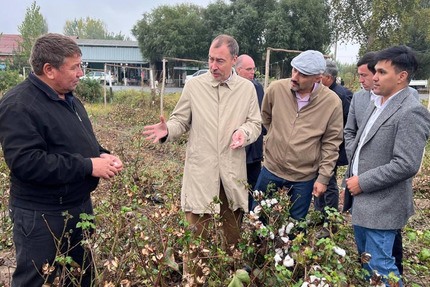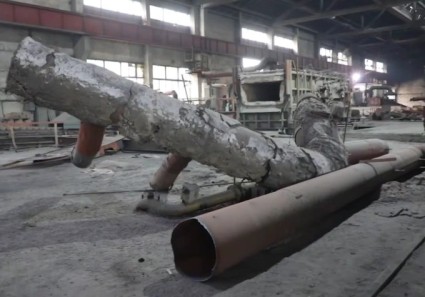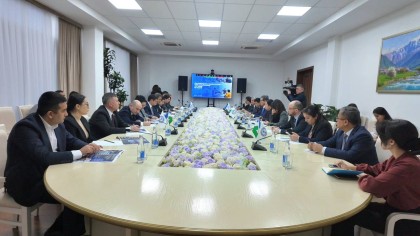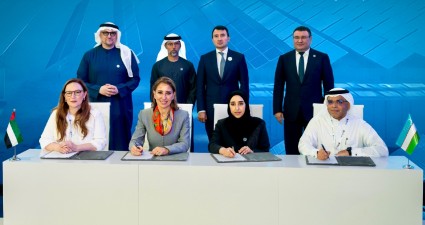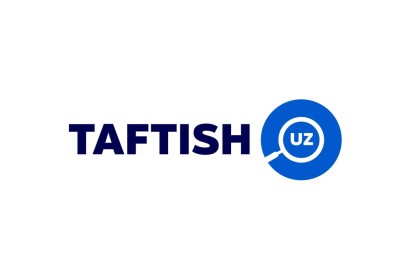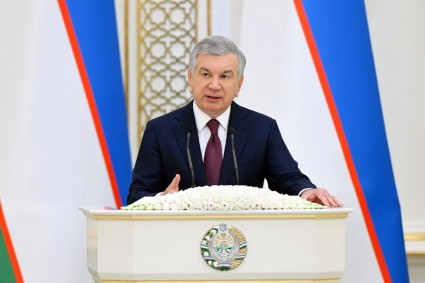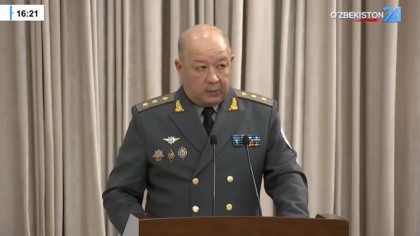A delegation of the European Union in Uzbekistan and the United Nations Development Programme visited innovation groups in the Fergana region, which focus on advanced agricultural and aquaculture practices, the UNDP press service said.
The delegation included EU Ambassador to Uzbekistan Toivo Klaar, UNDP Resident Representative Akiko Fujii, as well as scientists, local farmers and staff of the EU-funded EU-AGRIN project.
Innovation groups are made up of various stakeholders – farmers, consultants, researchers and non-governmental organizations – who collaborate to solve specific production problems.
The aim of these groups is to rapidly introduce and test new varieties, innovative approaches and technologies directly on farms, supported by dedicated funds and clear guidelines. The concept originated in the EU under the European Innovation Partnership (EIP) in the 2010s.
UNDP, with EU funding, adapted the mechanism for Uzbekistan, which was its first implementation outside Europe.
“This initiative is of particular importance in a country where access to advanced agricultural knowledge is limited and farmers face significant challenges such as water scarcity, soil salinity and the impacts of climate change that threaten their productivity and livelihoods,” the statement said.
From 200 applications, 18 innovation teams were selected – in Tashkent (8), Fergana (5) and Kashkadarya (5) – to be supported to test specific solutions on-farm. These include new sustainable crop hybrids and soil reclamation methods, improved livestock breeds and new fish farming models.
The two-day field visit to Fergana focused on five innovation teams in the Kuva, Altiarik, Besharik and Dangara districts.
The trip began with a visit to an innovation team specializing in cotton production in the Kuva district. It is led by the Research Institute of Cotton, Seed and Agrotechnology. The group demonstrated the implementation of innovative water-saving technologies and integrated pest management techniques aimed at increasing cotton yields and conserving resources, including reducing fertilizer use by 25-30% and irrigation water consumption by 40-50%.
“The progress made by these innovative groups demonstrates the power of collaboration between farmers, researchers and local stakeholders. By investing in innovation, we not only increase productivity, but also build resilience to climate change, ensuring food security for future generations,” said Toivo Klaar.
The delegation also visited the trial field of an innovative group focused on organic tomato cultivation and drying technologies, led by the Research Institute of Vegetable, Melon and Potato Crops. This initiative aims to produce high-yielding, export-quality tomatoes using a solar drip irrigation system, which minimizes carbon emissions and reduces water consumption.
The next visit was to the soil health project in Dangara district, where modern technologies are being implemented to restore soil fertility and reduce salinity under the guidance of the Institute of Microbiology of the Academy of Sciences of Uzbekistan.
“We are pleased to see innovative practices implemented by local farmers through innovation groups. This collaboration strengthens communities while addressing important issues such as water scarcity and soil health. Together, we are paving the way for sustainable agriculture that is beneficial to both the environment and the livelihoods of Uzbek farmers,” Akiko Fujii emphasized.
In Dangara district, the delegation also met with farmers who are part of the innovation group on drought-resistant and high-yielding mung beans. The introduction of the new Barqaror mung bean variety by this team, led by the Plant Genetic Resources Research Institute, uses soil regeneration technologies to achieve yields of 0.7 to 1.5 tons per hectare, significantly higher than traditional varieties.
The trip concluded with a visit to an aquaculture innovation team in Beshariq district. Led by the Fisheries Research Institute, this team is focused on testing technologies such as water recycling and solar heating to improve the sustainability of fish production. Delegates visited households that are making efficient use of limited water resources through fish farming.

